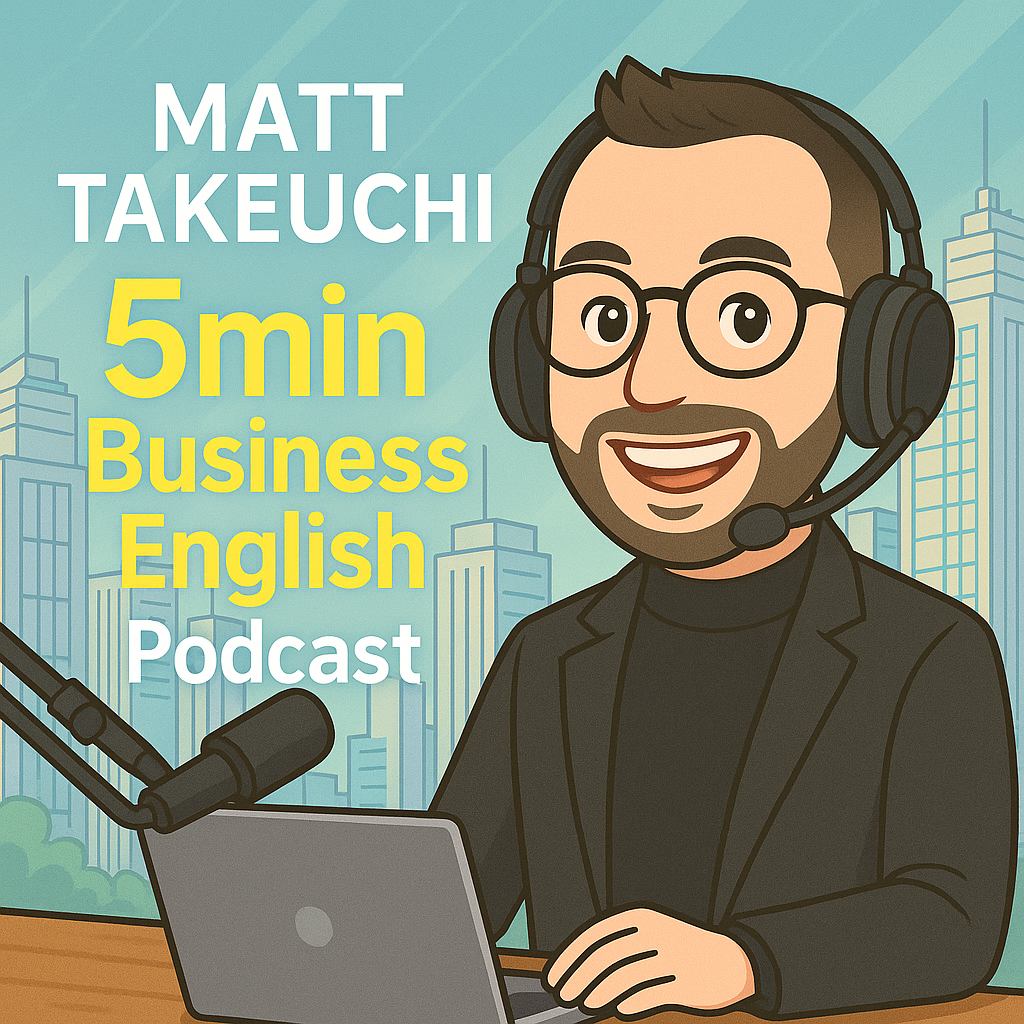10,000時間で専門家になれる?
2014年2月1日
 この本のポイントは一点。 「プロの音楽家でも、スポーツ選手でも最低10,000時間の訓練が必要」という。 逆に言えば人間10,000時間を本気で一つの事に集中すれば専門家になれるととも言える。
しかし、アメリカのインテリ層が愛読しているNew Yorkerという雑誌の記事に以下のような内容のものを見つけてしまった。
赤字部分は、まさにチェスのマスタークラスはチェスのルールを覚えてから10,000時間から50,000時間を費やしている・・・と書かれています。
また、偉大な作曲家76人の作品を調べて見ると優れた作品は作曲をはじめて10年以上経過しているものばかりだという調査結果が出ています。
ここまでは、やはり一流になるためには、ある程度の時間が必要になる事がわかります。
しかし・・・この英文の最後にaptitude=天賦の才能、持って生まれた能力に関係なく本当に1万時間がマジックナンバーなのかという疑問が投げかけられています。
続きは是非、リンクをクリックしてTHE NEW YORKERのページを読んで見て下さい。
Forty years ago, in a paper in American Scientist, Herbert Simon and William Chase drew one of the most famous conclusions in the study of expertise:
この本のポイントは一点。 「プロの音楽家でも、スポーツ選手でも最低10,000時間の訓練が必要」という。 逆に言えば人間10,000時間を本気で一つの事に集中すれば専門家になれるととも言える。
しかし、アメリカのインテリ層が愛読しているNew Yorkerという雑誌の記事に以下のような内容のものを見つけてしまった。
赤字部分は、まさにチェスのマスタークラスはチェスのルールを覚えてから10,000時間から50,000時間を費やしている・・・と書かれています。
また、偉大な作曲家76人の作品を調べて見ると優れた作品は作曲をはじめて10年以上経過しているものばかりだという調査結果が出ています。
ここまでは、やはり一流になるためには、ある程度の時間が必要になる事がわかります。
しかし・・・この英文の最後にaptitude=天賦の才能、持って生まれた能力に関係なく本当に1万時間がマジックナンバーなのかという疑問が投げかけられています。
続きは是非、リンクをクリックしてTHE NEW YORKERのページを読んで見て下さい。
Forty years ago, in a paper in American Scientist, Herbert Simon and William Chase drew one of the most famous conclusions in the study of expertise:
There are no instant experts in chess—certainly no instant masters or grandmasters. There appears not to be on record any case (including Bobby Fischer) where a person reached grandmaster level with less than about a decade's intense preoccupation with the game. We would estimate, very roughly, that a master has spent perhaps 10,000 to 50,000 hours staring at chess positions…In the years that followed, an entire field within psychology grew up devoted to elaborating on Simon and Chase’s observation—and researchers, time and again, reached the same conclusion: it takes a lot of practice to be good at complex tasks. After Simon and Chase’s paper, for example, the psychologist John Hayes looked at seventy-six famous classical composers and found that, in almost every case, those composers did not create their greatest work until they had been composing for at least ten years. (The sole exceptions: Shostakovich and Paganini, who took nine years, and Erik Satie, who took eight.)
This is the scholarly tradition I was referring to in my book “Outliers,” when I wrote about the “ten-thousand-hour rule.” No one succeeds at a high level without innate talent, I wrote: “achievement is talent plus preparation.” But the ten-thousand-hour research reminds us that "the closer psychologists look at the careers of the gifted, the smaller the role innate talent seems to play and the bigger the role preparation seems to play." In cognitively demanding fields, there are no naturals. Nobody walks into an operating room, straight out of a surgical rotation, and does world-class neurosurgery. And second—and more crucially for the theme of Outliers—the amount of practice necessary for exceptional performance is so extensive that people who end up on top need help. They invariably have access to lucky breaks or privileges or conditions that make all those years of practice possible. As examples, I focussed on the countless hours the Beatles spent playing strip clubs in Hamburg and the privileged, early access Bill Gates and Bill Joy got to computers in the nineteen-seventies. “He has talent by the truckload,” I wrote of Joy. “But that’s not the only consideration. It never is.”
Recently, there has been some confusion about this argument. Some of the critiques are just bewildering. Here, for example, is a passage from an article in Time a few months ago, which makes me think that there is another Malcolm Gladwell out there, with far more eccentric views than mine, who put on a Halloween wig and somehow conned his way into the Time Life Building:
Based on research suggesting that practice is the essence of genius, best-selling author Malcolm Gladwell popularized the idea that 10,000 hours of appropriately guided practice was “the magic number of greatness,” regardless of a person’s natural aptitude. With enough practice, he claimed in his book Outliers, anyone could achieve a level of proficiency that would rival that of a professional. It was just a matter of putting in the time.Regardless of a person’s natural aptitude? 続きはこちらのページから THE NEW YORKER
コメント
Comments are closed.


こんにちは!
イギリスで教育に携わる者です。
この10,000時間の法則については
近年、科学誌では批判をされていますが、
それでも分かりやすい指標で僕は好きです。
いつも質の高い情報、ありがとうございます!